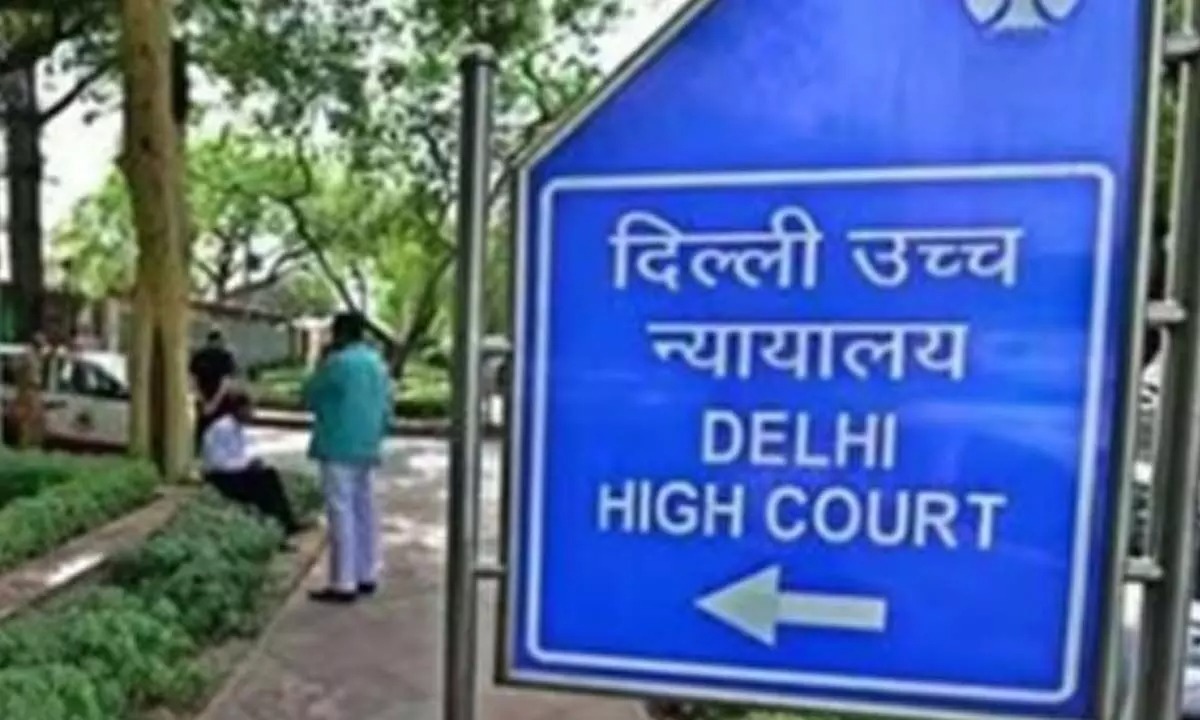S.U. Khan, J.@mdashHeard learned Counsel for the parties.
Through this writ petition balance of salary for suspension period has been claimed.
2. Petitioner was a constable in Railway Protection Force. He was suspended on 22.10.1994 and thereafter a criminal complaint was filed against him in the Court of A.C.J.M. (Railway), Gorakhpur under Section-3 of Railway Property (Unlawful Possession) Act which was registered as criminal case No. 6 of 1995. In the criminal case petitioner was acquitted on 10.5.2000. Thereafter, petitioner was reinstated on 20.3.2001. In respect of suspension period an order was passed on 28.3.2003 through which part of the said period was adjusted in leave due and remaining part in leave without pay. Thereafter, petitioner retired in the year 2005. After retirement petitioner gave notice on 5.7.2005 and demanded copy of order dated 28.3.2003. On 14.7.2005 petitioner was informed that the copy of the said order had already been sent to him. Thereafter, petitioner gave another notice, reply of which was given on 23.3.2006 by Senior Divisional Security Commissioner, Lucknow - respondent No. 3. In the said reply it was mentioned that after notice and considering the reply of the petitioner part of suspension period was converted into leave due. It was further mentioned that as sufficient leave was not available in the account of the petitioner hence the period from 14.6.1996 to 20.3.2001 was converted into leave without pay.
3. Relevant Rules have been annexed as Annexure-C.A.1 to the counter affidavit i.e. para 1343 and para 1344 of Indian Railway Establishment Code Vol.II (1987 Edition).
4. Order dated 28.3.2003 has not been annexed alongwith the writ petition.
By virtue of aforesaid paragraphs 1343 and 1344 of Railway Establishment Code Vol.II, if the acquittal is on merit then full amount is to be paid for the suspension period. Copy of judgment of acquittal is Annexure-1 to the writ petition. The allegation against the petitioner was that he had stolen 35 kg of railway property and was apprehended while carrying that property on cycle. The criminal Court acquitted the petitioner granting him benefit of doubt. The Court held that the items which were recovered from the petitioner and sealed were not the same as the items produced and opened in the Court. The Court held that there were diversions in the evidence of different witness as to whether 15 items had been seized from the petitioner or 31 items.
5. Learned Counsel for the petitioner has cited a Division Bench authority of this Court in Dr. Ram Khelazvan Singh v. State of U.P. 2008 (8) ADJ 324 (DB) , In the said authority it has been held that if an employee was suspended on the basis of pendency of criminal case then after his acquittal he must be reinstated with all service benefits notwithstanding pendency of appeal against acquittal order including arrears of salary during suspension period. However, Supreme Court in
4. Corruption is the result of deep-seated moral degradation and unsatiated greed for wealth. The office of public service affords an opportunity to the public servant to abuse of the office in that pursuit to accept illegal gratification for the discharge of official duty. Criminal prosecution launched against the public servant many a time may end may be due to technical defects inapathy on the part of the prosecution or approach in consideration of the problem or the witnesses, turn hostile or other diverse reasons but the meet of the matter is that on equitable consideration the Government servant claims re-instatement into service. Equity per settlement may not prevent the Government to take appropriate action under the conduct rules or under Article 311 of the Constitution but many a time they do become fruitless exercise. Resultantly public servant on reinstatement claims consequential benefits including back wages. On many a occasion, public servant avoids the detection of corruption or by skillful management proof of commission of corruption would be wanting. But his conduct gains notoriety in service and among public in that behalf payment of back wages and impetus and a premium on corruption. The society has to pay the price for corrupt officers from public exchequer. Therefore, when the Court directs payment of @ page-SC 610 back wages or re-instatement, the Court/Tribunal is required to consider the backdrop of the circumstances and pragmatically apply the principle of to the given set of facts. No abstract principle of universal application could be laid in that behalf. The confidential reports of the officer prior to initiation of the prosecution do furnish the evidence of conduct of the public servant. It is the duty of the officer to place his material and of the Government to place all the necessary record in that behalf before the Court/Tribunal for consideration and it would be for the Court/Tribunal to consider and decide the matter. This Court has pointed out in several cases the need to record confidential reports objectively and dispassionately with a reformative purpose to enable the public servant to reform himself to improve quality of the service and efficiency of the administration. Parochial, sectorial or nepotic approach would be deleterious to the efficiency of administration and maintenance of discipline in service. Confidential reports placed on record in this case do disclose such deleterious tendency in writing the confidential reports. One set of officers reported integrity of the appellant and while diametrically in opposite terms the predecessor officer had reported doubtful integrity of the appellant. They do demonstrate the lack of objectivity on the part of some officers in writing the confidential reports. This would be very sad state of affairs impinging upon efficiency of administration. We have confined to the question of payment of back wages with an intention that on reinstatement the appellant would reform himself purging from the proclivity of corrupt practices and prove himself to be a useful public servant to himself, to the family and to the society. In the light of the confidential reports indicating doubtful integrity, we are of the view that it is not expedient to direct payment of back wages, though he was acquitted by the criminal Court may be on technical grounds or on merits, he is not entitled to back wages. As stated earlier the circumstances of the case and conduct of the appellant do furnish justification in denying him the back wages lest it would be a premium on proclivity for corruption.
6. Accordingly, there is no merit in the writ petition hence it is dismissed.

